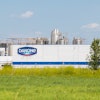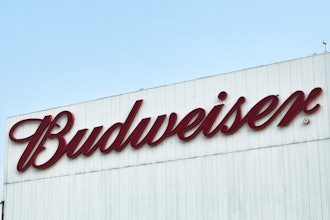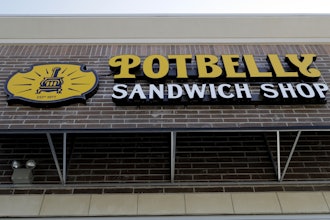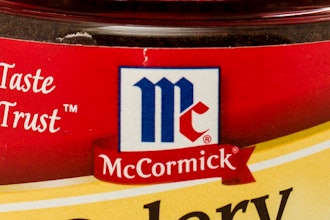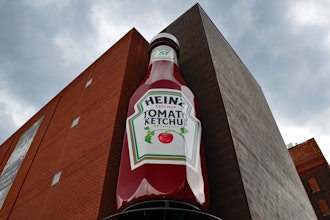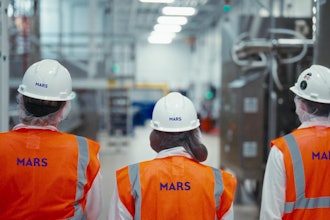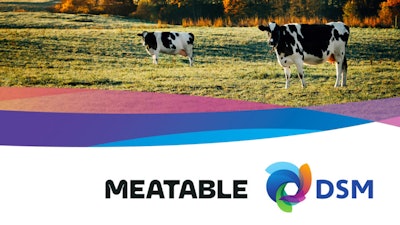
AMSTERDAM — Meatable, the cultivated meat startup, has entered into a joint development agreement with Dutch multinational Royal DSM, a global purpose-led, science-based company active in nutrition, health and sustainable living, to co-develop growth media for cultivated meat. Growth media is a nutrient-rich liquid which contains the essential nutrients such as carbohydrates, proteins, salts, vitamins, and growth factors that cells need to grow.
Growth media is currently estimated to account for 50-90% of the production cost of cultured meat. If pivotal technological and cost breakthroughs are achieved, cultured meat could be one solution that helps support diversified, sustainable, and healthy diets for a growing world population – and will have a trillion-dollar market potential.
Wim Klop, Vice President DSM Biotechnology Center, says, ‘’Protein is an essential part of a balanced diet and vital for good health. Yet its production has a big environmental footprint. With the world population expected to grow to 10 billion people by 2050, a wide variety of solutions for more sustainable proteins will be needed. Cultivated meat is one of those promising, innovative protein solutions in which DSM invests. Our commitment goes way beyond investing in Meatable through DSM Venturing. With this joint development agreement DSM will contribute its unique competencies in biotechnology, such as fermentation, analysis and production scale-up to help make the science of cultivated meat a reality.”
In addition to focusing on the cost-effective production of growth media, DSM and Meatable will focus on the development of meat-like taste and texture of the final product, which are important factors influencing the purchase decision of consumers.
“With traditional animal farming alone, we will not be able to meet the growing demand for meat worldwide; we need breakthrough solutions. Cultivated meat has the potential to provide the growing world population with the protein source many people love – meat – using an efficient and sustainable production process that respects animal health and welfare,” says Krijn de Nood, CEO and co-founder of Meatable. “Joining forces with DSM, a global leader in biotechnology, will accelerate our research and development trajectory significantly. Together, we aim to develop the right nutritional ingredients in a fundamentally more cost-effective and scalable process, to become the leading consumer choice for cultivated meat.”
DSM Venturing, the venture capital arm of Royal DSM, was a participant in the consortium of funders of Meatable’s recent raise of $47 million in venture capital. Meatable aims to produce cultivated meat for which animal health and welfare are respected, fewer GHG emissions are released, and significantly less land and water are required. Cultivated meat replicates the natural process of fat and muscle growth, in proportions that emulate traditional cuts of meat. The end product will provide the full experience of eating actual meat, with the same texture, taste, and nutritional benefits, without harm to animals or the planet.
Meatable is an innovative, Dutch food company, aiming to deliver, at scale, the new natural, cultivated meat that looks like, tastes like, and has the nutritional profile of traditional meat. Its proprietary opti-ox technology enables Meatable to produce meat rapidly, sustainably, and without harming animals. Founded in 2018 by Krijn de Nood (CEO), Daan Luining (CTO), and Dr. Mark Kotter (principal inventor of opti-ox technology), Meatable has brought together a team of experts with unique knowledge in fields including molecular biology, chemistry, tissue engineering, bioprocess development, food safety, and food science to create the new natural meat.
Royal DSM is a global, purpose-led, science-based company active in Nutrition, Health and Sustainable Living. DSM delivers innovative solutions for human nutrition, animal nutrition, personal care and aroma, medical devices, green products and applications, and new mobility and connectivity. DSM and its associated companies deliver annual net sales of about €10 billion with approximately 23,000 employees.



